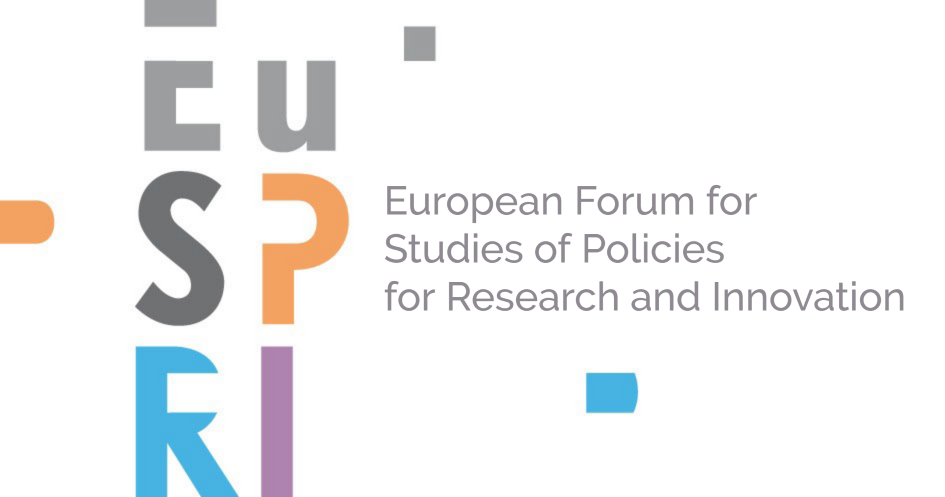Rose, Anna-Lena (Dortmund (DE) TU Dortmund)
The Role of Universities in Shaping Societal Futures
Authors: Anna-Lena Rose, Liudvika Leišytė
Keywords: Contributions of universities to increase resilience, Societal engagement of universities, Transdisciplinary and interdisciplinary societal problem solving practices, Social Innovation, Social impact
Abstract
Scientific discourses increasingly acknowledge that a merely technological and economic understanding of innovation is insufficient for the needs of today’s societies and there are calls for universities to support and apply post-Schumpeterian models of innovation that go beyond linear, market-driven assumptions. Accordingly, social innovation has emerged as a buzzword in both research and policy-making (Howaldt et al. 2016). However, there is evidence that even when discussing social innovation, a strong focus on technological and economic innovations is retained (Maldonado-Mariscal & Alijew, 2023).
Within higher education research, there has traditionally been a strong focus of both research and policy on traditional research commercialization activities, typically conducted by academics from the hard and applied sciences (Leišytė, 2018). This has only recently been changing towards the employment of a broader perspective, which includes societal engagement and more comprehensive, (inter-)disciplinary views (Sigl & Leišytė, 2018). While theories have evolved to capture the relation of universities to the society (e.g. quadruple helix of university-industry-government-civil society relations, or, in the context of sustainable development, the quintuple helix, which adds socio-ecological interactions) (Carayannis & Campbell, 2010; Leydesdorff, 2012), there is still a lack of holistic understanding of how universities contribute to (a potential for) social innovation and thus shape societal futures in practice.
Within the context of this track, we approach this question from a multiple-level perspective. We invite submissions that address the contribution of universities to social innovation, particularly focusing on activities that transcend traditional, unilateral notions of knowledge and technology transfer and aim at creating societal impact, social value, or the co-creation or co-production of knowledge. More understanding is needed especially with regard to forms of co-constructive transdisciplinary and interdisciplinary societal problem solving and alternative forms of engagement with societal actors.
We depart from the focus on research as the main catalyst for innovation and follow the OECD’s (2010) notion of educational institutions as crucial parts of the innovation system. This calls for the consideration of both research and teaching activities of universities in directly engaging in as well as capacity building for social innovation. Here, we are particularly interested in the question of how universities can build the potential for social innovation through innovative forms of teaching and learning.
The track will further consider the framework conditions for (the building of potential for) social innovation within universities, focusing on a) policies, initiatives, and frameworks facilitating social innovations, as well as b) the questions of how and to what extent universities integrate alternative frameworks for innovation that challenge paradigms focused on competitive advantage and growth into their missions, and thus their organisational fabric.
We welcome scholarly submissions as well as submissions from higher education practitioners to share their research and experiences from the perspective of different (macro-, meso-, micro-) levels. These submissions could address, but are not limited to, the following questions:
• What contributions can universities make to increase the resilience and strengthen the innovation potential of societies (e.g. through education or partnerships)?
• Through what forms of non-traditional engagement activities do academics contribute to social innovation?
• What transdisciplinary and interdisciplinary societal problem solving practices can be identified in academic external activities that foster societal impact?
• Which partners beyond industry (in particular the civil society, non-governmental organisations) are involved in such activities, and to what extent are they included in the creation of knowledge?
• Which innovative educational initiatives at university help build a potential for social innovation?
• What policies, initiatives, or frameworks within universities contribute to innovations that prioritize resilience, inclusivity, and sustainability?
• To what extent do universities integrate non-traditional innovation paradigms into their research, education and third missions?
